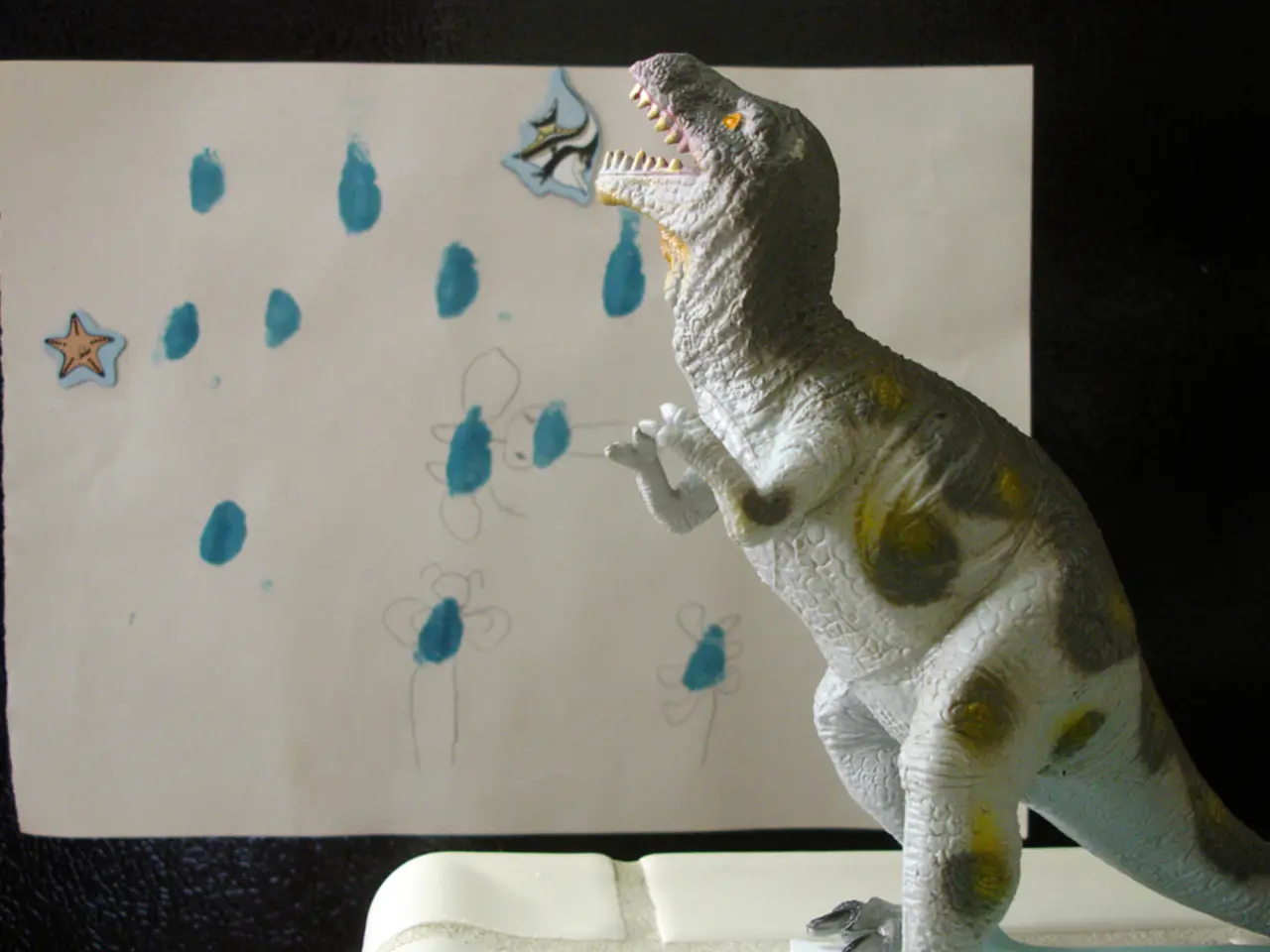Factually Proven: The Positive Impact of a Playful Prank or Humorous Joke on Health
In the realm of human interaction, laughter often serves as the universal language that transcends boundaries and cultures. The science behind the health benefits of pranks, jokes, and humor centers largely on laughter and its physiological and psychological effects. These effects contribute not only to individual well-being but also to cognitive and social skill development.
Laughter, it seems, is more than just a response to a funny situation. It triggers the brain to release endorphins, natural "feel-good" chemicals that induce euphoria, reduce pain, and promote a sense of well-being. This release of endorphins lowers stress hormones like cortisol and adrenaline, diminishing stress's harmful physical impacts. Moreover, laughter enhances blood flow, vessel function, oxygen intake, and muscle relaxation, contributing to overall physical health comparable to aerobic exercise.
Laughter also plays a significant role in mood enhancement and optimism. It increases dopamine, improving mood, reducing anxiety and depression, and fostering resilience and an optimistic, solution-focused mindset. This psychological boost is akin to the rush one experiences from eating foods with lots of protein, fat or sugar, or from physical intimacy.
Beyond its physiological benefits, laughter serves as a dynamic social tool. Humor and prank-playing require understanding perspectives, timing, and social contexts, which enhance cognitive flexibility and problem-solving ability. Laughter creates a psychological state that boosts openness to new ideas and smarter risk-taking, valuable in innovation and negotiation.
Humor also fosters social bonding and communication. It builds social capital by fostering trust, cooperation, and emotional connections, which enhance social skills and group cohesion. Pretend play (including humorous enactment) promotes linguistic skills, complex social understanding, negotiation, role allocation, and emotional expression as children navigate social scenarios and conflicts playfully. Pranks and jokes create shared positive emotional experiences, which strengthen social bonds and communal joy.
In summary, pranks and jokes engage laughter, which biologically boosts mood and health, while also serving as dynamic social tools that enhance communication, cooperation, creativity, and cognitive adaptability. This blend of physiological and social effects makes humor a powerful contributor to both mental and social development.
However, it is essential to note that humor should be used thoughtfully. Dr. Albers suggests being mindful of how jokes or pranks impact others, and avoiding jokes that humiliate, hurt, or risk anyone's health or safety. Humor, when used positively, can be a powerful tool for teaching and reinforcing social norms, building and strengthening cognitive skills, and fostering a more connected, resilient, and optimistic society.
References:
1. Laughter releases endorphins, reduces stress, improves cardiovascular health, and promotes optimism and resilience [1][3]. 2. Humor fosters social bonding, trust, and cooperative risk-taking, aiding innovation and personal growth [1]. 3. Pretend play involving humor enhances children's linguistic, problem-solving, and social skills development [2].
- The health benefits of laughter extend beyond mere amusement, as it triggers the release of endorphins, promoting a sense of well-being, reducing stress, and improving cardiovascular health.
- Beyond its physiological effects, laughter serves as a potent social tool, fostering trust, cooperation, and risk-taking in innovative and negotiative scenarios.
- In children's development, pretend play that incorporates humor enhances linguistic skills, problem-solving ability, and social understanding.
- The role of humor in relationships is significant, as it builds social capital, strengthening emotional connections and group cohesion.
- A balanced lifestyle that emphasizes health-and-wellness, mental-health, fashion-and-beauty, and food-and-drink can be enriched through the judicious use of humor,iven its mood-enhancing properties.
- To maximize the positive impact of humor, it is crucial to use it thoughtfully, avoiding jokes that may cause harm or discomfort to others, and instead utilizing it as a tool for teaching and reinforcing social norms.




